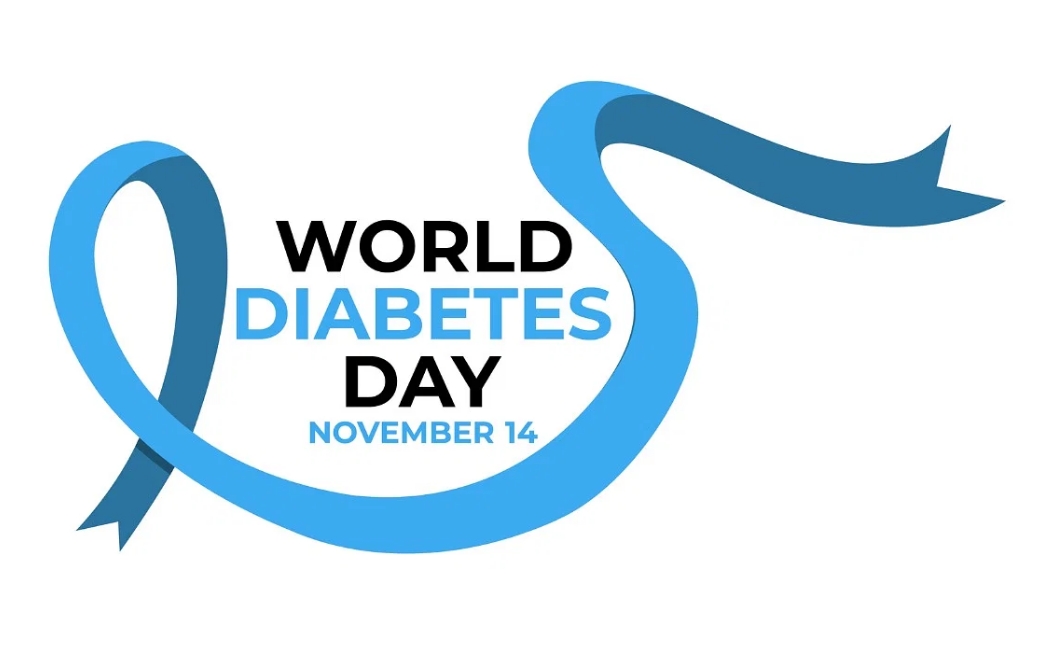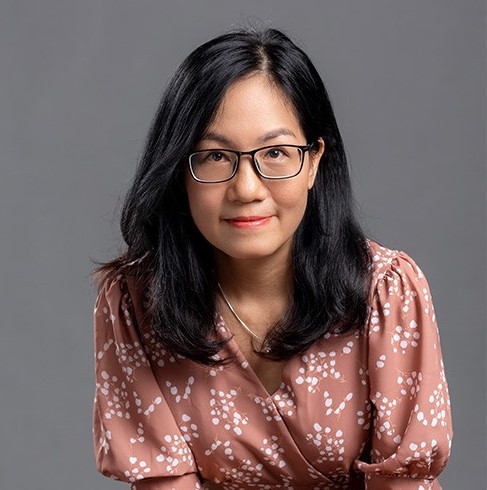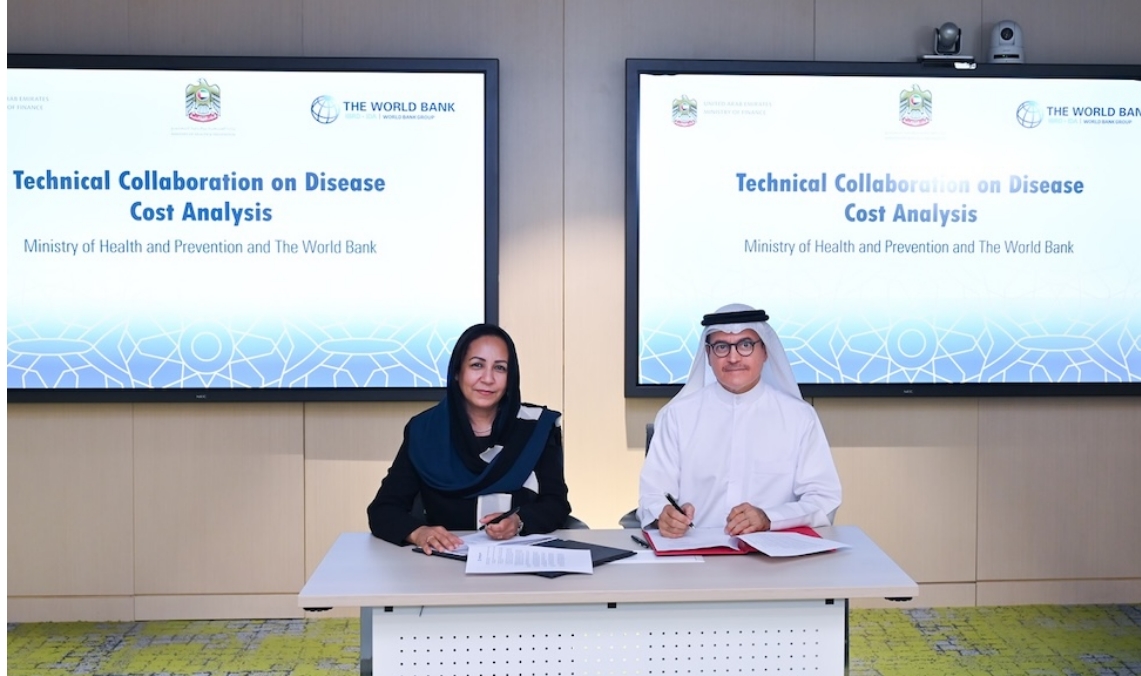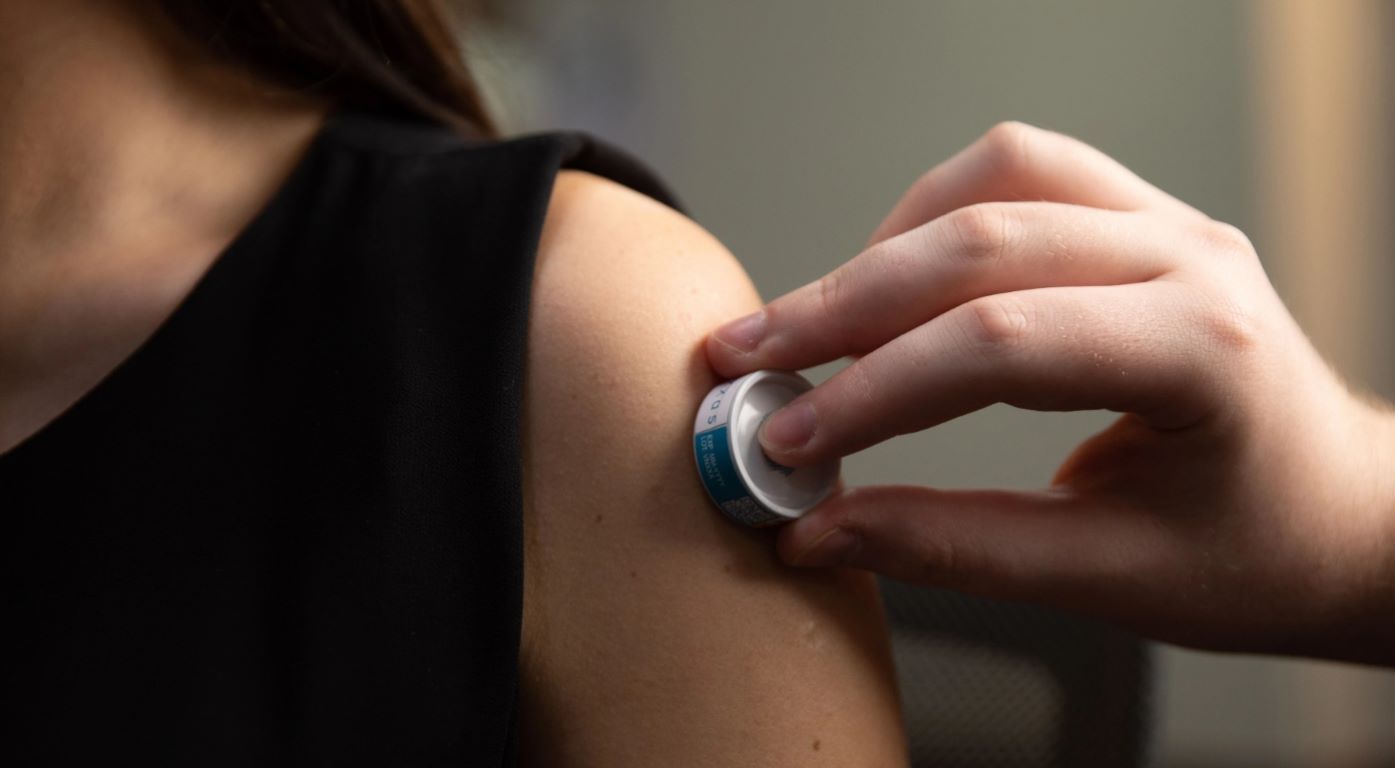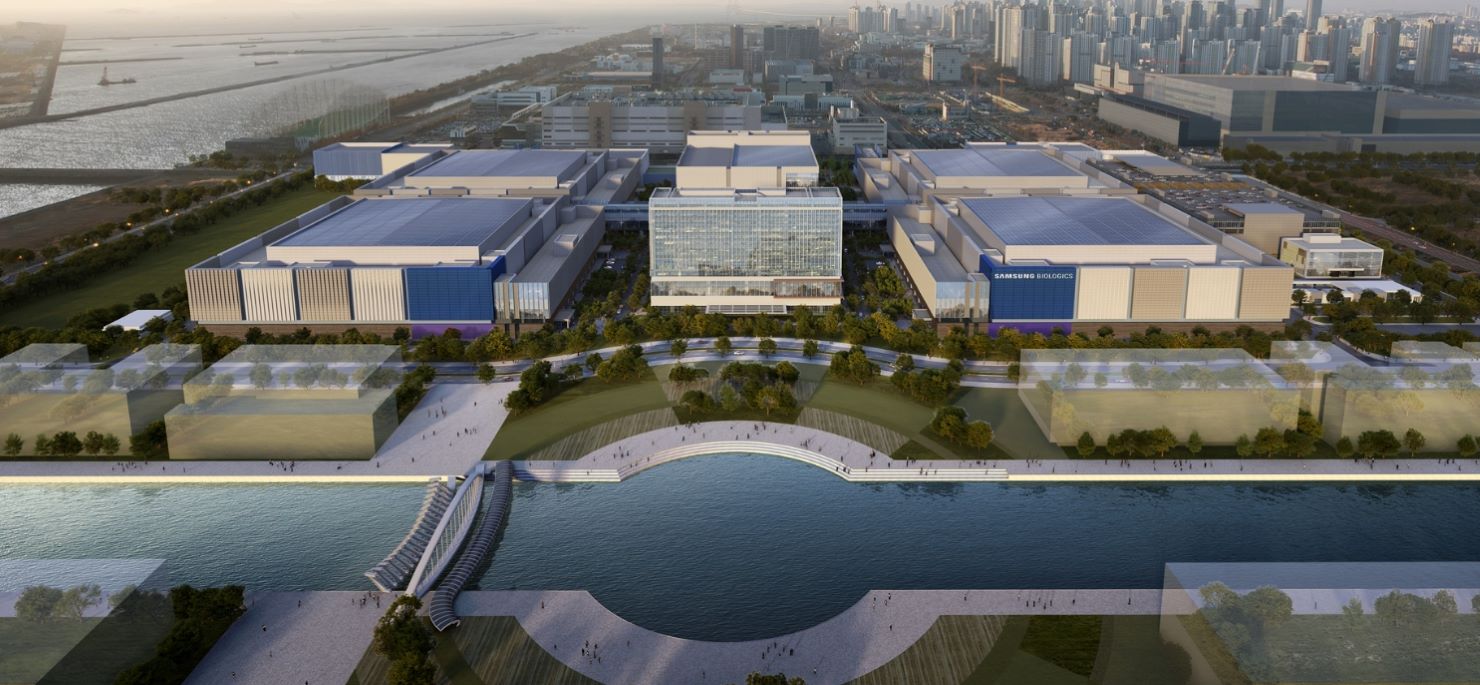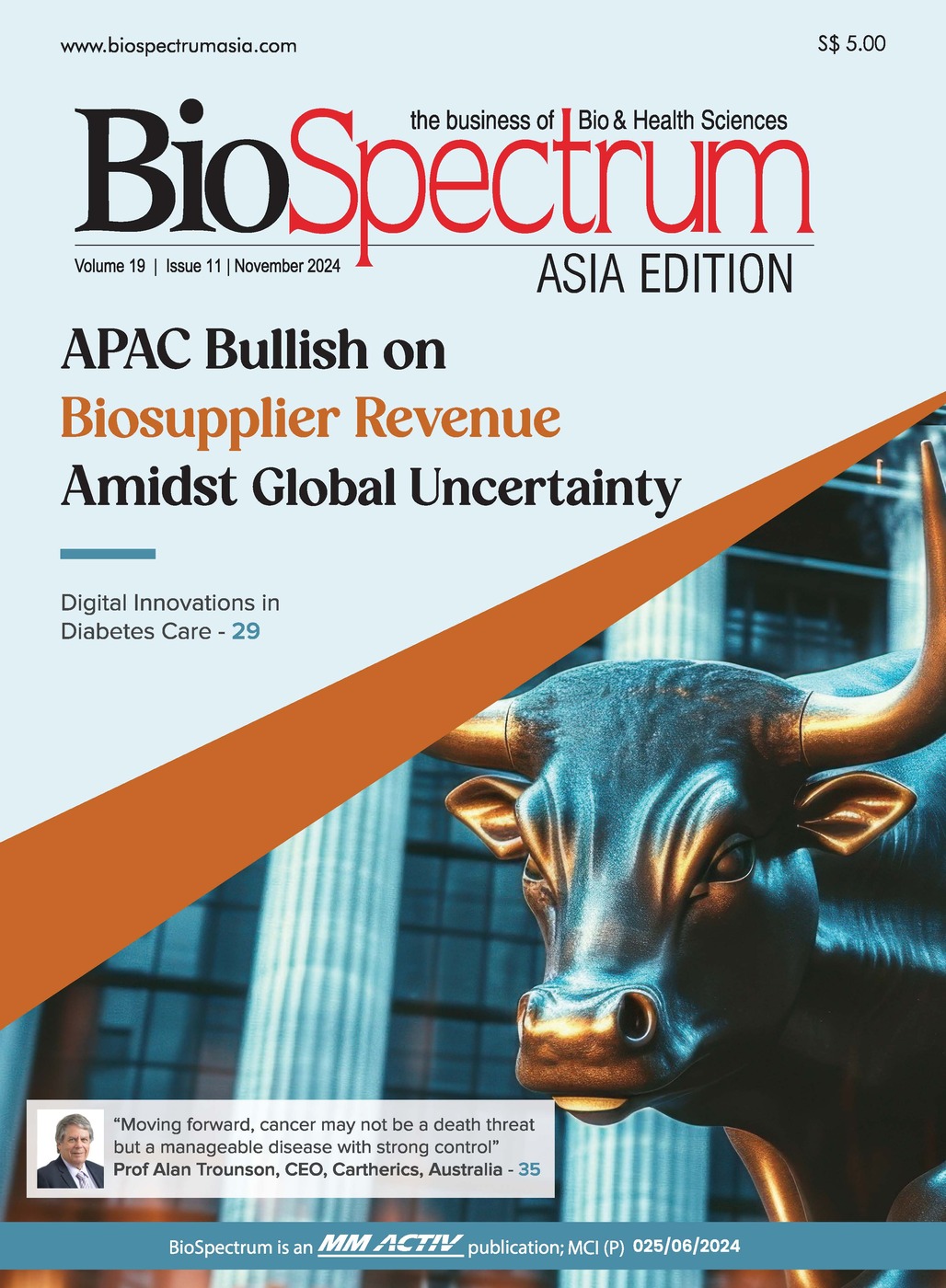Siemens Healthineers, HMI to jointly steer healthcare delivery across SEA
12 July 2021 | Opinion | By Hithaishi C Bhaskar
In conversation with Fabrice Leguet, Managing Director of Siemens Healthineers, Southeast Asia, and Ms Chin Wei Jia, Group CEO of HMI Group

Fabrice Leguet, MD, Siemens Healthineers, Southeast Asia (Left); Ms Chin Wei Jia, Group CEO, HMI Group (Right)
Health Management International (HMI Group) and Siemens Healthineers entered into a 5-year strategic partnership to advance healthcare delivery in Southeast Asia. As part of this first-of-its-kind partnership in the region, HMI Group will invest over SGD 32 million to roll out innovative medical technologies and digitalisation platforms, enhance clinical education and further develop Centres of Excellences (CoEs) in the key clinical areas of cancer, neuroscience and cardiovascular diseases. This investment is a key component of the HMI Group’s ongoing expansion initiatives across StarMed Specialist Centre in Singapore and tertiary hospitals in Malaysia -- Mahkota Medical Centre in Melaka and Regency Specialist Hospital in Johor. Biospectrum Asia explored more with Fabrice Leguet, Managing Director of Siemens Healthineers, Southeast Asia and Ms Chin Wei Jia, Group CEO of HMI Group to understand the significance of this partnership to South-East Asia region.
- Can you provide more insight on this partnership in terms of investments, innovation and beneficiary countries in the SE Asia region?
Chin Wei Jia: HMI Group is a growing regional private healthcare provider with presence in Singapore, Malaysia, and Indonesia. We are committed to deliver high-quality and value-based healthcare for our patients and the communities we serve, through continuous investment in our people, technology and innovation.
With the high incidence of non-communicable diseases in Southeast Asia and evolving patient experience trends requiring new healthcare and digital health solutions to meet the growing demand for quality, convenient and cost-effective care, we believe that building long-term win-win partnerships will accelerate our journey to provide access to the latest medical technology advancements and improve the overall experience for our patients.
With Siemens Healthineers’ vast global network, healthcare sector expertise and experience in rolling out innovative medical technologies and digitalisation platforms, and HMI Group’s experience in healthcare delivery and network of healthcare facilities across the tertiary, ambulatory and primary care settings, we look forward to paving the way towards a patient-centric and data-driven model that would transform healthcare delivery in Southeast Asia.
At HMI Group, we are focused on growing our existing healthcare facilities and expanding our presence regionally. We aim to address the demand for healthcare solutions to support more complex conditions with greater precision in diagnosis and intervention, and individualised treatment with faster turnaround. Our healthcare teams are already working with Siemens Healthineers to incorporate big data, analytics and digital tools to enhance clinical and operational performance, as well as improve the overall patient experience. Our hospitals will be the first in Southern Malaysia to bring in advanced medical technologies such as the SOMATOM Drive Dual Source CT Scanner, MAGNETOM Lumina 3T MRI system and Varian Truebeam Linear Accelerator.
- What strategic plans does the partnership hold to improve treatment and patient care for NCDs through Centres of Excellence (CoEs))?
Fabrice Leguet: According to WHO, about 62 per cent of all deaths in Southeast Asia are due to non-communicable diseases (NCDs), such as cancer, cardiovascular disorders and diabetes. The widespread COVID-19 pandemic meant, those living with NCDs face increased risk of becoming severely ill with the virus. Various studies show how the pandemic has also disrupted NCD care and services, spanning screening, case identification and referral systems for cancer, which ultimately results in a substantial decrease in cancer diagnoses.
Transformation in health systems with integrated NCD services that considers unforeseen circumstances, such as lockdowns and difficulties patients might face in presenting at healthcare facilities, is essential to ensure minimal disruptions in diagnosis and treatment in the future.
Early detection and tailored treatment using innovative technologies, while enhancing clinical knowledge, is becoming significantly important to address the rise in incidences of NCDs.
One of the integral parts of the partnership with HMI is to further develop the Centers of Excellence (CoEs) in the clinical areas of cancer, neuroscience and cardiovascular diseases. Together we plan to deepen the use of digital health, big data and precision diagnosis, to transform how care is delivered and experienced.
Siemens Healthineers global consulting hub based in Singapore will inform the development of CoE. This team of consultants bring with them global best practices and will focus on the following:
- Strategic Planning of how to develop the CoE of the future
- Development or implementation roadmap focusing on digital and cutting-edge technologies
- Clinical Service Design enhancing the existing clinical pathways and workflows
Furthermore, the recent combination of Varian and Siemens Healthineers will help strengthen the skill and knowledge required in developing the Oncology CoE.
- How will this partnership enable Asian healthcare providers to optimise business processes, and overcome challenges in the industry?
Fabrice Leguet: Today’s healthcare providers face unique and unprecedented challenges. Trends like ageing population, economic development, increase in NCDs and transformation of healthcare providers, are further impacting the healthcare industry. In Asia, we see multi-national hospital groups, commercial laboratories, as well as financial investors investing in the industry to uplift the healthcare standards.
Existing healthcare providers are also looking for innovative business models to increase enterprise-wide value to meet both their immediate and future goals. One can witness optimistic changes being made in this region, where countries are taking learnings from mature economies and adapting their best practices. With less infrastructure legacy, it’s often easier for these countries to implement the use of the latest, globally available technologies. The growing local innovation power helps to complement these technologies to fully address specific local challenges. Subsequently, there exists a true opportunity for Southeast Asia to leapfrog in the future of healthcare and do much better than many mature economies.
This is where Siemens Healthineers’ Value Partnerships portfolio comes into the picture, which focuses on enduring, performance-oriented relationships. Our consultants support projects’ feasibility study, planning, implementation and continuous improvement. We then join forces with a network of preferred partners like construction companies, purchasing groups and financing bodies such as Siemens Financial Services (SFS) – either via Special Purpose Vehicles or consortia.
Long-term performance-oriented partnerships enable medical technology management, facilities design, process optimisation and digital technology to work effectively so as to create value for the healthcare provider and the patients it serves. The expectation of healthcare providers of such partnerships is to provide technological expertise that drive innovation in efficiency, personalization and digitalization of the healthcare enterprise. And that transformation requires dedicated change management experts who can guide healthcare providers through the challenges of today and tomorrow – empowered by strategic and clinical consulting.
- How significant is the role of Enterprise Singapore (ESG) program in striding innovative healthcare transformation and to accelerate venturing into new markets?
Chin Wei Jia: Enterprise Singapore champions enterprise development, partnering companies in their growth to become global powerhouses. The Scale-up SG programme in particular, offers a wide spectrum of support ranging from peer learning between CEOS, leadership development as well as growth strategy guidance from programme partners.
Specifically, ESG has had an influential and impactful role to play in the progress of healthcare transformation in Singapore. This includes structuring of platforms that match clinical providers with health-tech companies, as well as anchoring of partners that accelerate growth of innovations within the local healthcare ecosystem. In fact, ESG played a significant role identifying key strengths and opportunities in overseas markets for HMI Group, and worked closely to structure the company’s strategy towards capturing them. Leveraging healthcare innovation is expected to enhance HMI Group’s capacity to pursue overseas growth opportunities.
As result, HMI Group has accelerated its regional expansion over the years, and has more recently, embarked on a journey anchoring on digitalisation to advance healthcare delivery in Southeast Asia in partnership with Siemens Healthineers to create Centres of Excellence (CoEs) for Cancer, Neuroscience and Cardiovascular diseases, and improve treatment as well as patient care in these clinical areas.
- How does this partnership model influence the medical technologies investments in the SE Asia region?
Fabrice Leguet: Today, many healthcare providers are looking to unlock "frozen" capital by shifting medical infrastructure investments from one-time capital outflows to financial arrangements that are more aligned with their projected revenue streams. Innovative business and financing models enable healthcare providers to do so, while retaining the flexibility to upgrade technology, improve performance, gain access to medical innovations and otherwise unlock value by reducing one-time large capital outflows.
Healthcare providers in developing countries face additional challenges and opportunities, including infrastructure gaps and limited access to financing due to perceived credit risk. In such situations, effective healthcare partnerships enable providers in a wide variety of contexts to create successful projects that consist of underlying business models designed to yield increased efficiency and effectiveness of the healthcare enterprise.
Siemens Healthineers’ Value Partnerships can help ensure that proposed solutions are right-sized and make sense for a healthcare institution’s current and projected demand and capabilities. Value Partnerships can also help transform care delivery and enable healthcare providers to increase the clinical, operational and financial value they provide.
Hithaishi C Bhaskar
hithaishi.cb@mmactiv.com


